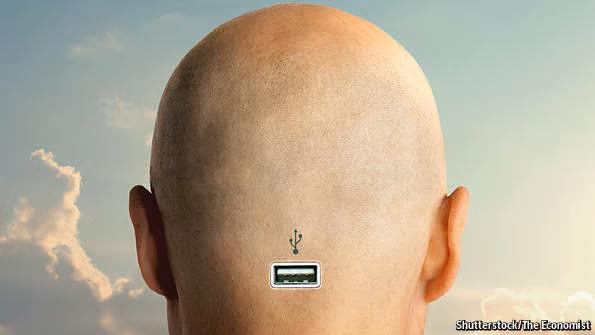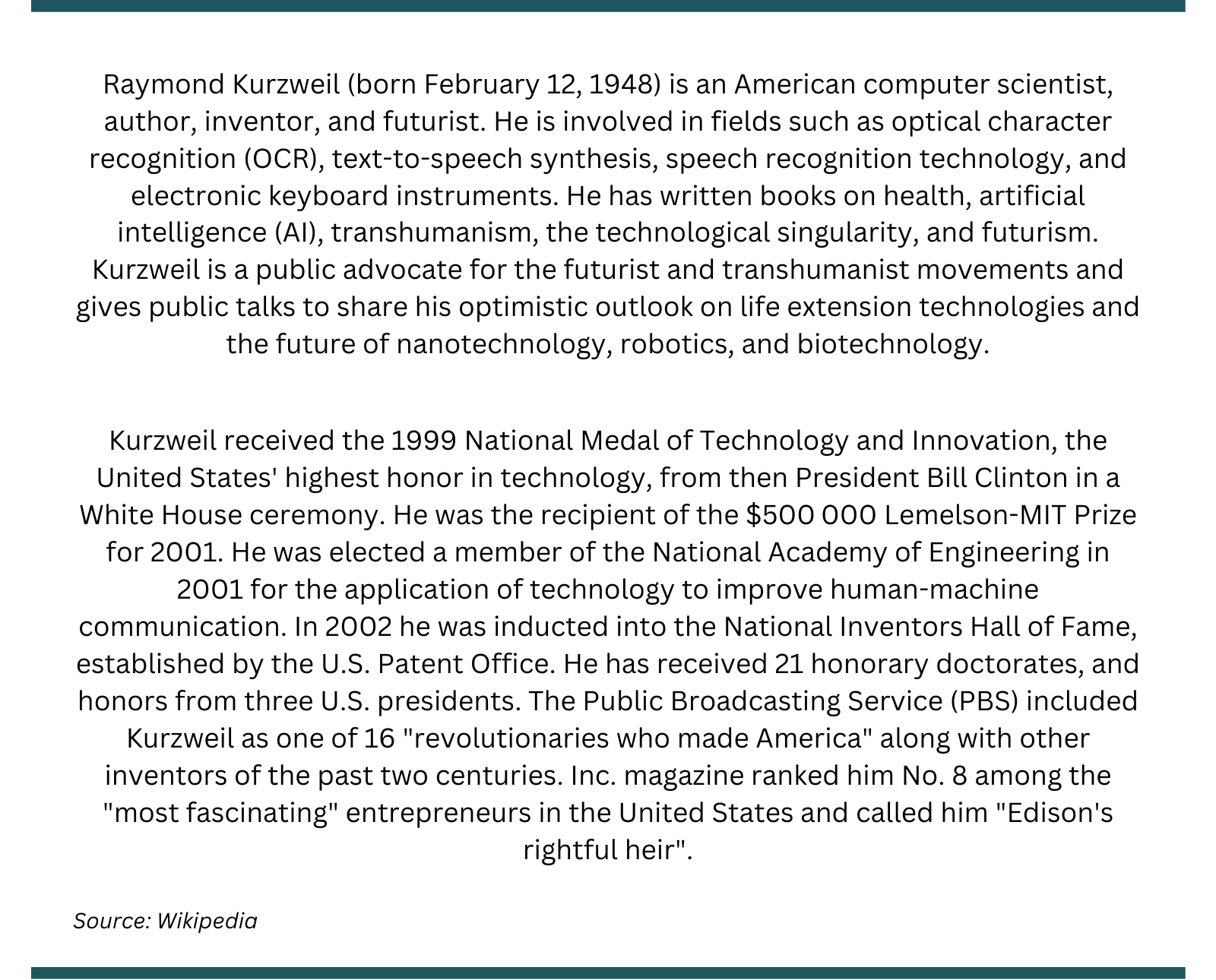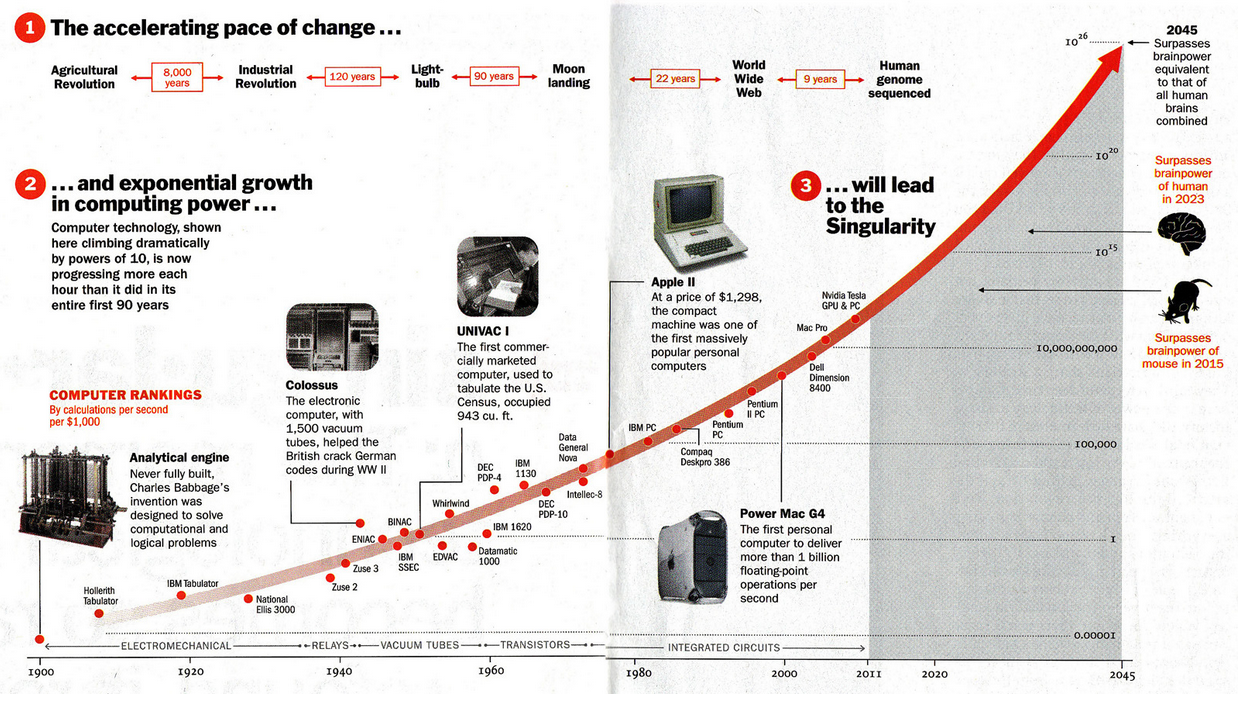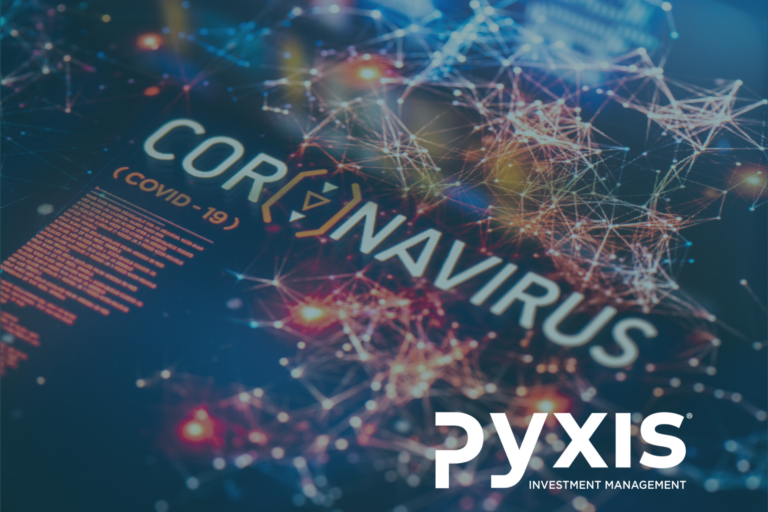
“Dear Valued Clients
We are pleased to update you on the latest developments in the exciting world of Artificial Intelligence (AI). AI has been gaining traction in recent years, and it is now widely acknowledged as one of the most promising fields of technological innovation.
Introduction:
Artificial Intelligence refers to the ability of machines to learn and perform tasks that would otherwise require human intelligence. These tasks include speech recognition, decision-making, and language translation, among others. AI has the potential to revolutionize the way we live and work, with applications in industries such as healthcare, finance, and transportation.
History:
The concept of AI dates back to the 1950s, when scientists began developing computer programs that could simulate human intelligence. The development of AI technology progressed slowly over the next few decades, with limited success. However, in recent years, advances in machine learning and big data analytics have propelled the development of AI technology forward at an unprecedented pace.
Recent Developments:
One of the most significant recent developments in AI is the increasing adoption of cloud-based services. Cloud computing allows companies to access vast amounts of computing power and storage, enabling the development of more sophisticated AI models. Another important development is the rise of big data analytics, which enables companies to collect, process, and analyze vast amounts of data, improving the accuracy and effectiveness of AI models.
Major Role Players:
Some of the major companies involved in the development and deployment of AI technology include Alphabet (Google), Microsoft, Amazon, and IBM. These companies have invested heavily in AI research and development, with a focus on developing AI-powered solutions for a wide range of industries and applications.
Impact on World Economic Activity and Contribution to Global Economic Growth:
The use of AI technology is expected to have a significant impact on the global economy. According to a report by Accenture, AI has the potential to increase labor productivity by up to 40% by 2035. This increase in productivity is expected to lead to the creation of new business models and opportunities, resulting in an estimated $14 trillion in additional gross value added (GVA) by 2035.
Impact on Industries and Which Industries May Be Most Impacted:
AI has the potential to transform industries such as healthcare, finance, and transportation. In healthcare, AI is being used to develop more personalized treatments and improve diagnostic accuracy. In finance, AI is being used to detect fraud and improve risk management. In transportation, AI is being used to develop autonomous vehicles, which could improve safety and reduce traffic congestion.
Monetary Value of the AI Industry and Amounts Invested by Companies:
According to a report by Allied Market Research, the global AI market is expected to reach $169.4 billion by 2025, growing at a CAGR of 55.6% from 2018 to 2025. Several companies are investing heavily in AI research and development, including Alphabet (Google), Microsoft, Amazon, Nvidia, Intel, Facebook, Baidu, Tencent, and Alibaba. In 2020, Alphabet invested over $26 billion in research and development, with a significant portion of that going towards AI research.
Investment Opportunities:
Investment opportunities in the AI industry include investing in companies that are developing AI technology or investing in AI-focused ETFs or mutual funds. Some of the companies that are developing AI technology include Alphabet (Google), Microsoft, Amazon, IBM, Nvidia, Intel, Facebook, Baidu, Tencent, and Alibaba.
List of Internationally Listed Companies to Invest in to Benefit from AI:
- Alphabet (Google)
- Microsoft
- Amazon
- IBM
- Nvidia
- Intel
- Baidu
- Tencent
- Alibaba
In conclusion, AI has come a long way since its inception and is now a key driver of global economic growth. With an increasing number of industries adopting AI technology, we can expect significant growth and development in this field in the coming years. As investors, it is important to identify and invest in companies that are at the forefront of AI research and development, as well as those that have successfully implemented AI solutions in their operations.
It is worth noting that investing in AI companies can be a high-risk, high-reward venture. While there is great potential for significant returns on investment, there is also the possibility of losing money if a company fails to deliver on its promises. Therefore, it is important to conduct thorough research and analysis before making any investment decisions.
At our investment management firm, we are committed to staying up-to-date with the latest developments in the AI industry and identifying opportunities for our clients to invest in promising companies. We believe that AI will continue to play a major role in shaping the global economy and we are excited to be part of this journey.
Thank you for taking the time to read this investment newsletter. We hope that you found it informative and valuable. Please do not hesitate to reach out to us if you have any questions or would like to discuss investment opportunities in AI further.
Sincerely, Pyxis Investment Management”
For this month’s newsletter I decided to have a bit of fun and tested one of the most prominent AI software solutions, ChatGPT, pioneered by Open AI, a company in which Microsoft Corporation recently disclosed a multi-year, multi-billion dollar, investment. The “newsletter” above was generated by ChatGPT in its entirety and is published verbatim. All done in five minutes… Talk about productivity gains!
ChatGPT, released in late 2022, is an AI chatbot that has the ability to engage in conversational dialogue. It is differentiated from other chatbots by the “training” that was used to develop the platform, including “supervised learning” and “reinforcement learning from human feedback” (RLHF). These processes involved the use of human AI trainers and reward models to develop ChatGPT into a bot capable of challenging incorrect assumptions, answering follow-up questions, and admitting mistakes.
Although ChatGPT’s core function is to mimic a human conversation, it features a wide array of functionality. It can write and debug computer programs, write Excel formulas, create apps, summarise content, write business pitches, compose music, answer test questions (sometimes, depending on the test, at a level above the average human test-taker), write poetry and song lyrics, translate and summarize text and much more. Needless to say, there is major conversation about the impact of this technology and how it will impact the global economy, and more specifically, the impact it might have on the demand for professional labour.
ChatGPT is free and can be accessed at chat.openai.com/chat.

ChatGPT correctly states that AI is not a new development by any means. In February 2011, Time Magazine published an article, written by Lev Grossman, titled “2045: The Year Man Becomes Immortal”. I found the piece so fascinating that I saved my copy of the magazine till this day. The article tells the story of then 17 year old Raymond Kurzweil, who appeared as a guest on the game show “I’ve got a secret”. The show’s concept was that the guest was hiding a secret and contestants had to guess what it was. Kurzweil played a piece on the piano which turned out to be composed by a computer built by him – that was his secret. That moment was probably the first demonstration of what lay ahead, in terms of technological development, for humanity. Creativity is a human trait and a means of self-expression and Kurzweil’s achievement marked the point where artificial intelligence started to encroach on the territory of organic intelligence.

Since 1965 Kurzweil has dedicated his life to researching AI and its potential impact on civilisation. He believes that civilisation is approaching a point called the “Singularity”, when computers will become more intelligent than humans and computers will be able to not only do mathematics quickly, but also drive cars, write books, make ethical decisions, appreciate art and keep conversations etc. All of which are in fact happening in today’s time and age. ChatGPT wrote our newsletter this month. In addition, we have used the technology to assist in creating code to automate some of the admin functions we fulfil on a daily basis (with no skilled IT staff on payroll, might I add). Tesla and Google, amongst others, are testing self-driving cars; websites these days have “bots” that have the ability to have complex conversations and assist users with trouble shooting.
Kurzweil has made some other predictions about AI’s impact on biotechnology and nanotechnology research relating to medical science and longevity, as well as some very “sci-fi-ish” predictions about merging humans with computers which will become super-intelligent beings. Sounds far-fetched? Elon Musk’s Neuralink Corporation has hired several high-profile neuroscientists from various universities who are researching and developing implantable brain–computer interfaces (BCIs). Kurzweil, Musk and other futurists argue that utilising technology in this way to extend our intellectual abilities is no different to the way that cars and planes extend our physical abilities. Google is a founding sponsor of the Singularity University, hosted by NASA, which offers pre-graduate and executive courses in AI, the Singularity, the future of medicine, blockchain and more. There is certainly a significant amount of time, energy, research and development, not to mention funds, being allocated to futurist technologies.
The basis for Kurzweil’s assertions in terms of the timing of the occurrence of the Singularity, is similar to “Moore’s law”, which is based on the fact that the number of transistors that can be placed on a microchip doubles every two years. In other words, computers’ processing ability grows exponentially. They become faster, faster. Kurzweil predicts, based on his calculations, that the Singularity will occur in 2045.

Source: Time Magazine, 2011
From an investment point of view, it’s next to impossible to predict what the impact of new technologies might be on individual companies or industries. It is safe to say, however, that in the long-run technological advancement benefits the broad economy. For instance, there were many beneficiaries (and also losers) from the advent of railways in the US during the 1800’s. The establishment of railways played a massive role in the industrialization of America and the improvement of their economy as a whole. Railways companies on the other hand, one might argue, did not turn out to be fantastic long-term investments (although, at the time, there might have been a lot of excitement and good returns generated by these companies). A similar argument could be made with reference to the development of the internet. Even though there are a number of mega companies today that turned out winners over the last 25 years, there are others that did not perform well or do not exist anymore. Who would have been able to predict the winners and losers? The same might be true of today’s excitement over futuristic technologies like AI and blockchain which are starting to impact the global economy.
Our view is to invest on a broad basis in emerging technologies which are expected to generate superior returns, rather than to engage in the futile activity of predicting individual winners. While ChatGPT made some investment recommendations for individual companies, some of which we have been invested in on your behalf for quite some time, we will utilise a broadly diversified ETF’s (Exchange Traded Funds), like the iShares or GlobalX Robotics and Artificial Intelligence ETF’s, to achieve exposure to these new leading edge technologies.
It’s worth noting that we also expect to benefit from this technological revolution, as we expect the management teams of the leading multinational companies we invest in to embrace and pursue the benefits that these new technologies, like AI, might offer.
I would echo ChatGPT’s warning that investment in new technologies like AI will be a high risk, high reward venture and that a healthy dose of risk management should be administered to prevent over-exposure to an investment theme that might exhibit higher than normal volatility.







